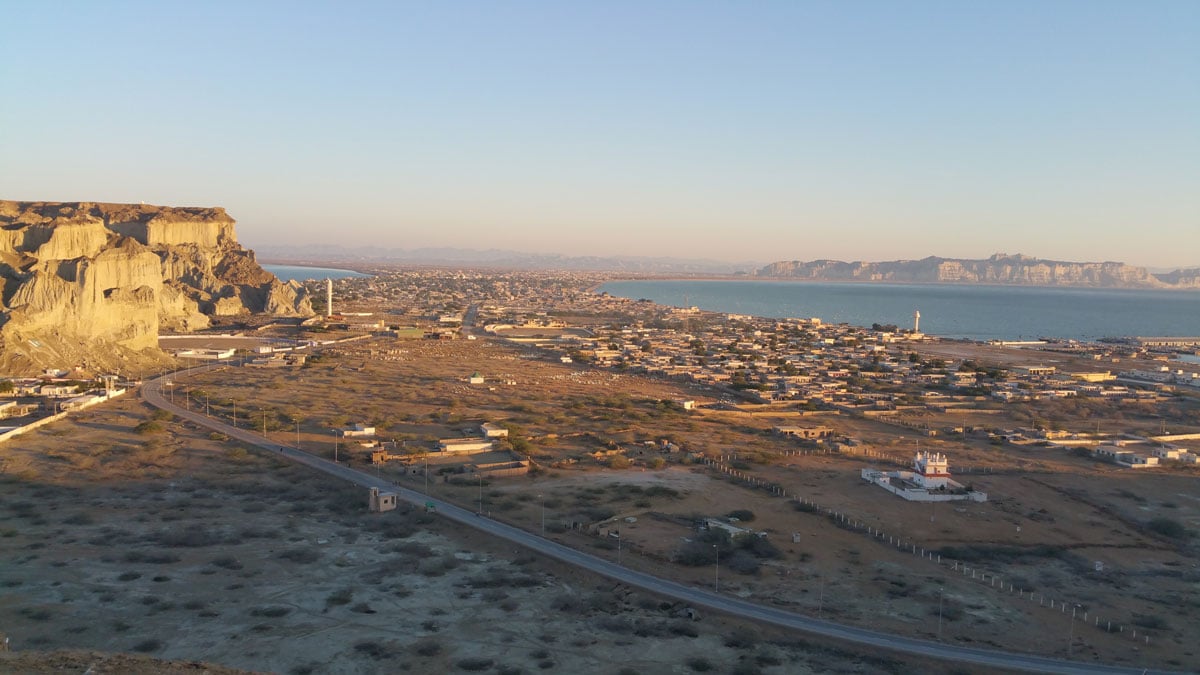When the $46 billion – now $62 billion – China-Pakistan Economic Corridor (CPEC) was announced in 2014, one of its key pledges was to expedite growth and modernize infrastructure in Balochistan, Pakistan largest province, in terms of area, and poorest, in terms of development.
The corridor, once built, will link China's Xinjiang province with Pakistan's Gwadar seaport. It has three main arteries that run through Pakistan: the eastern, central and western. Balochistan is to host the western route that will cut through its cities, including Quetta, Sohrab and Turbat before veering towards the port.
Four years since the ambitious project was rolled out, work on the transportation networks, energy projects and economic zones in the province continue, but, on the ground, there is little visible change. The majority of the population is still living in the primitive ages, without potable water, roads, electricity and basic health facilities.
Balochistan has a population of over 12 million but consists of 44 per cent of Pakistan's total land mass.

In October, Prime Minister Imran Khan promised to give the Baloch people their due share, "whatever it may be, in the CPEC," and excoriated the previous government for ignoring the province. But Baloch leaders say that CPEC-related projects have been unequally distributed and many of its development projects have not been included in the billion-dollar corridor. Also, work on the western route is slow compared to the other arteries.
"Balochistan has only been given two projects in the last five years," said Mir Jam Kamal Khan, the chief minister of the province. Instead, water dams should have been built, 150-bed hospitals set up, agriculture modernized, and irrigation improved, he went on.
The two projects Khan is referring to are the Gwadar port and Hubco coal-based power plant. But the chief minister is sceptical of the impact of these projects on the poor population. In a recent tweet, he wrote that due to the previous government Balochistan lost “golden opportunities” in CPEC.
.
.
Those in the know tell me that last week, parliamentarians from the provincial government, including the chief minister and senators from Balochistan, met Khusro Bakhtiar, the federal minister for planning, development and reforms, in Islamabad. They demanded a revival of the Public Sector Development Programme (PSDP), which outlines how much domestic and foreign resources should be spent on a development project. During the meet, the chief minister expressed serious concern over denying Balochistan its share in the China-Pakistan corridor.
"He insisted that the province's CPEC share be approved in the upcoming Joint Coordination Committee meeting to be held in China on December 20," said the official. In return, the federal minister assured him of taking up his concerns. In the following days, Khan also met the Chinese ambassador.
For now, Balochistan will have to wait and see if the prime minister would keep to his promise and 2019 would bring the much-needed good news.


